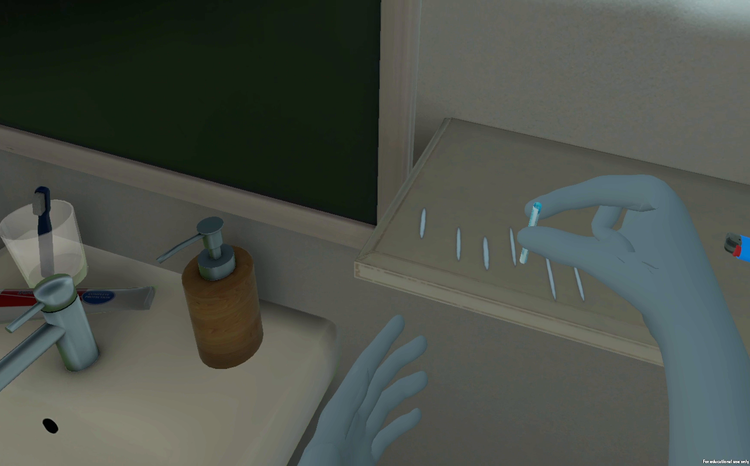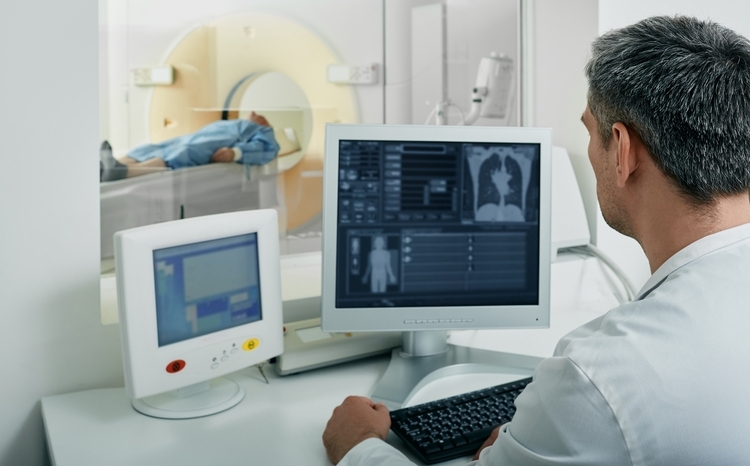Mobile phones: the new tool to combat AIDS in Africa
- 20 February 2007
Mobile phones will be used to help fight the HIV/AIDS pandemic in Africa, it was announced at the 3GSM World Congress in Barcelona.
A public-private partnership between five member groups of the mobile phone industry and the US government has formed the Phones for Health initiative.
Phones for Health is a $10m scheme aimed at using mobile phone coverage to strengthen health systems in 10 African countries.
Firms working on the project include the GSM Association, the US President’s Emergency Plan for AIDS Relief, Accenture, Motorola, MTN and Voxiva.
GSM Association’s chief executive, Rob Conway, said: “Rapid and accurate communications channels are crucial to tackling the many health problems faced by African countries and other parts of the developing world.
“The roll out of this health management software in Africa will clearly demonstrate how governments can exploit the expanding mobile infrastructure to enhance the well-being of their citizens.”
Phones for Health will allow health workers in Africa to use a standard Motorola phone equipped with a downloadable application to enter health data. The data will then be sent to a database using GPRS technology.
If GPRS is not available, then the software will use SMS technology instead to transmit the information. Once received, the data is then mapped and analysed by the system, and is immediately available to health authorities at multiple levels via the web.
Voxiva, mobile healthcare specialists, developed HealthNet, an information management solution that allows organisations to strengthen their capacity to manage major health programmes such as those combatting HIV/AIDS.
The system facilitates real time data collection from field workers and health care staff and supports structured two-way communication to facilitate feedback and supervision.
Voxiva’s chairman, Paul Meyer, said: “Health workers will also be able to use the system to order medicine, send alerts, download treatment guidelines, training materials and access other appropriate information.”
The initial deployment of Voxiva HealthNet, known locally as TRACnet, was implemented to support the Rwandan Government’s rapid scale up of its anti retroviral treatment program. Under the leadership of the Ministry of Health, the Treatment Research and AIDS Centre (TRAC), and the Centers for Disease Control, TRACnet is increasing the efficiency of Rwanda’s HIV/AIDS program management and enhancing the quality of patient care.
Rwanda’s National AIDS Control Commission’s executive secretary, Dr Agnes Binagwaho, said: “With TRACnet, we have a powerful tool to manage the HIV and AIDS programme and deliver care to Rwanda’s patients affected by HIV and AIDS. Health care workers use something as simple as a cellphone – even when there is no electricity – to report on the number of patients on treatment, drug stock levels and the other key data we need.”
Phones for Health hopes to build on this success at Rwanda and believes it is a useful solution to the HIV crisis where fixed-line internet connections are rare and paper-based records are mainly used.
However, more than 60% of the population in Africa now lives in areas with mobile phone coverage and this is predicted to rise to 85% by 2010 making it feasible for Phones for Health to use mobiles to send information directly into health authorities’ computer systems, allowing rapid interventions for those at risk, when necessary.
Ambassador Mark Dybul, the US global AIDS coordinator, said: “People living with HIV in the developing world deserve high-quality treatment and care, and this innovative partnership will ensure that health workers and program managers get the timely, relevant information they need – even when they serve patients in the most remote areas.”
MTN, the African mobile operator, will be supporting the roll out of handsets and the underlying data service. Group president and CEO, Phuthuma Nhelko, said: “The Phones for Health Partnership is at once an acknowledgement of the strength and depth of mobile communications in emerging markets, as well as the push to use technology to help solve the serious health problems across the globe.”
The partnership is also likely to be extended further in Africa and Asia to address tuberculosis, malaria and other infectious diseases.
Links
US President’s Emergency Plan for AIDS Relief




